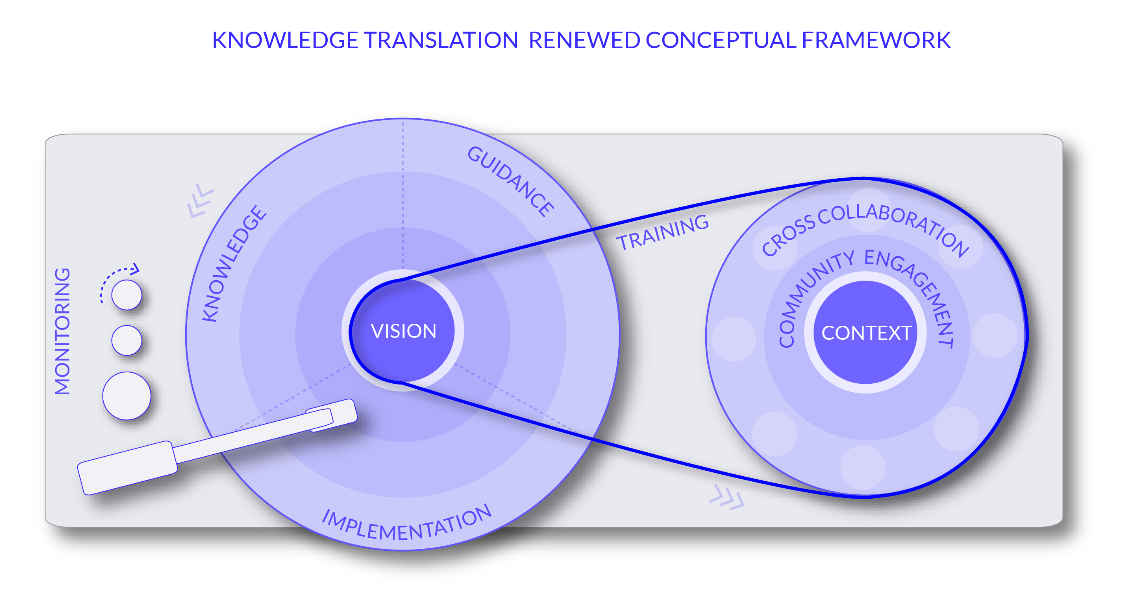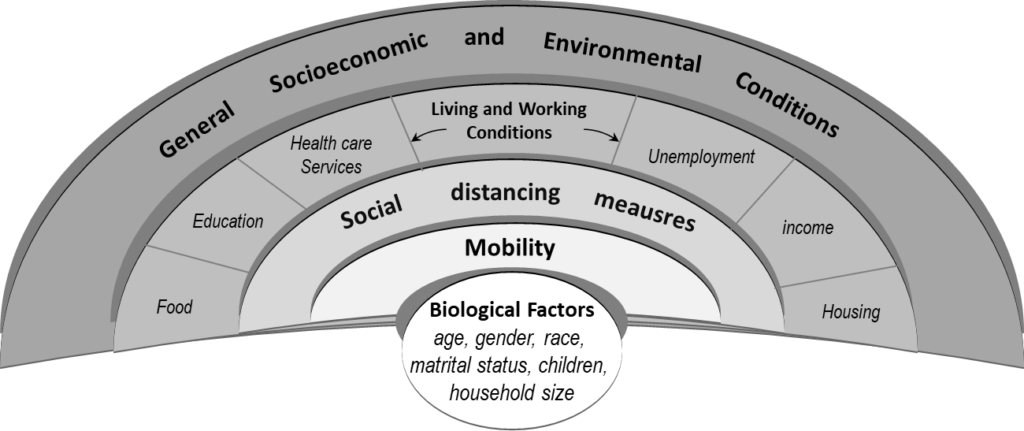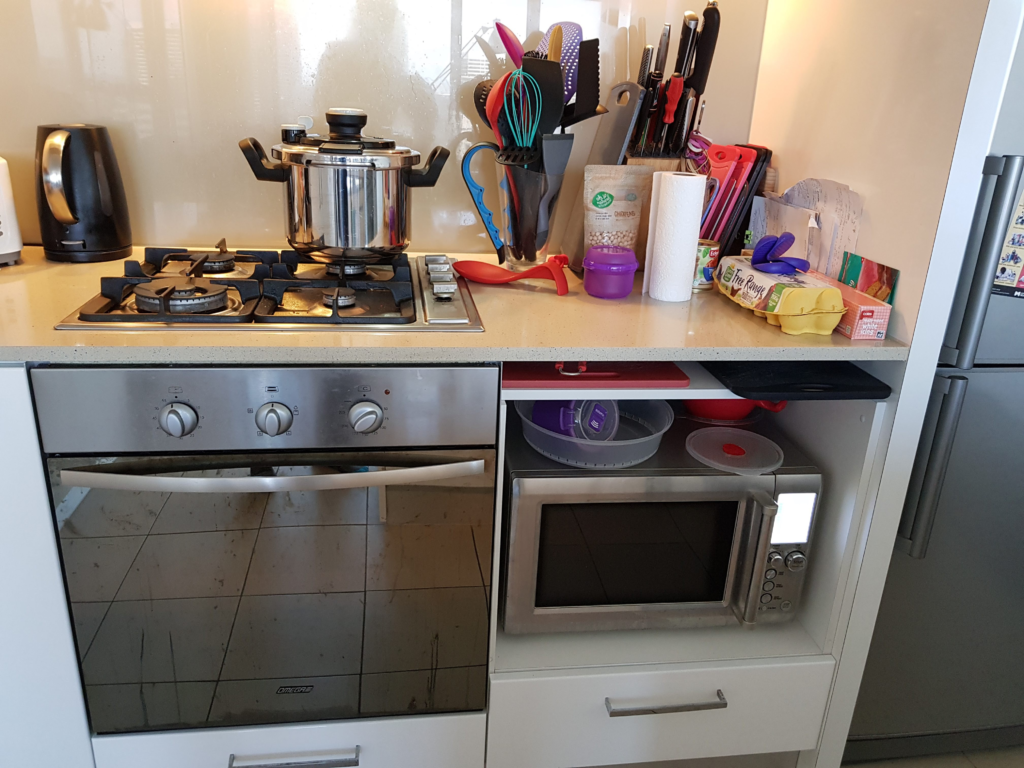City Know-hows

Amid global crises, this study unveils a renewed framework to help researchers, practitioners, and communities turn health knowledge into urban planning action. It urges continuous collaboration among disciplines and sectors, new training opportunities, and engagement with local communities, addressing local challenges and resources to shape locally bound “healthy city” visions.
Share
Target audience
City-makers across disciplines wishing to implement evidence-based solutions for healthy cities; knowledge brokers; local communities.
The problem
Current global crises and their health impacts unveil an urgent need to take a transversal approach and support urban practitioners and decision makers with the best available knowledge on how to implement healthy cities. Despite this growing agenda, knowledge translation efforts have not been comprehensively and effectively incorporating the health perspective in the urban planning practice. Public health and urban planning experts have recurrently noted gaps between health-related knowledge and implementation actions, and stressed the need to improve the research translation processes as a key action to promote healthier cities
What we did and why
Departing from a basic knowledge translation framework, we delved into its main components (knowledge, guidance, and implementation), as well as cross-cutting factors, through a literature review. From this in-depth approach, we developed a renewed conceptual framework that visually represents the complexity of a meaningful knowledge translation process for promoting healthy cities. Additionally, we explored its practical implications with support from an expert team representing diverse sectors, disciplines, and regions.
Our study’s contribution
We took a significant step in identifying the existing gaps in knowledge translation for healthy cities and adopting a proactive approach to laying out opportunities for improvement. By developing a visual representation for a renewed conceptual framework, we provide a clear and insightful tool for planners, designers, and policymakers aiming to enhance knowledge translation processes. As a result, this study not only elevates knowledge translation as a field of study for urban professionals but also reinforces its importance in public health.
Impacts for city policy and practice
Discussing the proposed framework with experts, our study urges all stakeholders involved in creating healthy cities to begin an incremental transition towards a new culture of knowledge translation through: (i) embedding context-based knowledge and approaches, aligning knowledge translation efforts to local conditions, which is especially relevant in the Global South; (ii) institutionalizing cross-sector knowledge exchange and collaboration; (iii) establishing formal participation processes that prioritize and amplify the needs and perspectives of local communities; (iv) providing new cross-disciplinary training; (v) monitoring and evaluating knowledge translation efforts.
Further information
Full research article:
Healthy Cities: A visual conceptual framework for moving health knowledge into urban planning practice by Anna Gabriela Hoverter Callejas, Giselle Sebag and Pere Vall Casas.
Related posts

The psychological impact of social distancing order during the COVID-19 pandemic can be determined by combining the effects of both individual and community capacities. This study supports the need to improve the physical environment to implement more sustainable health policies in different communities and cities across the world.

Apartment kitchens need to be better designed to support healthy food practices.

Looking into an urban transformation of a low-income settlement in Maputo, Mozambique, through the behaviours and experiences of pedestrians, shows that physical interventions to the walking environment contribute to the ability of diverse individuals to exercise their Right to the City.